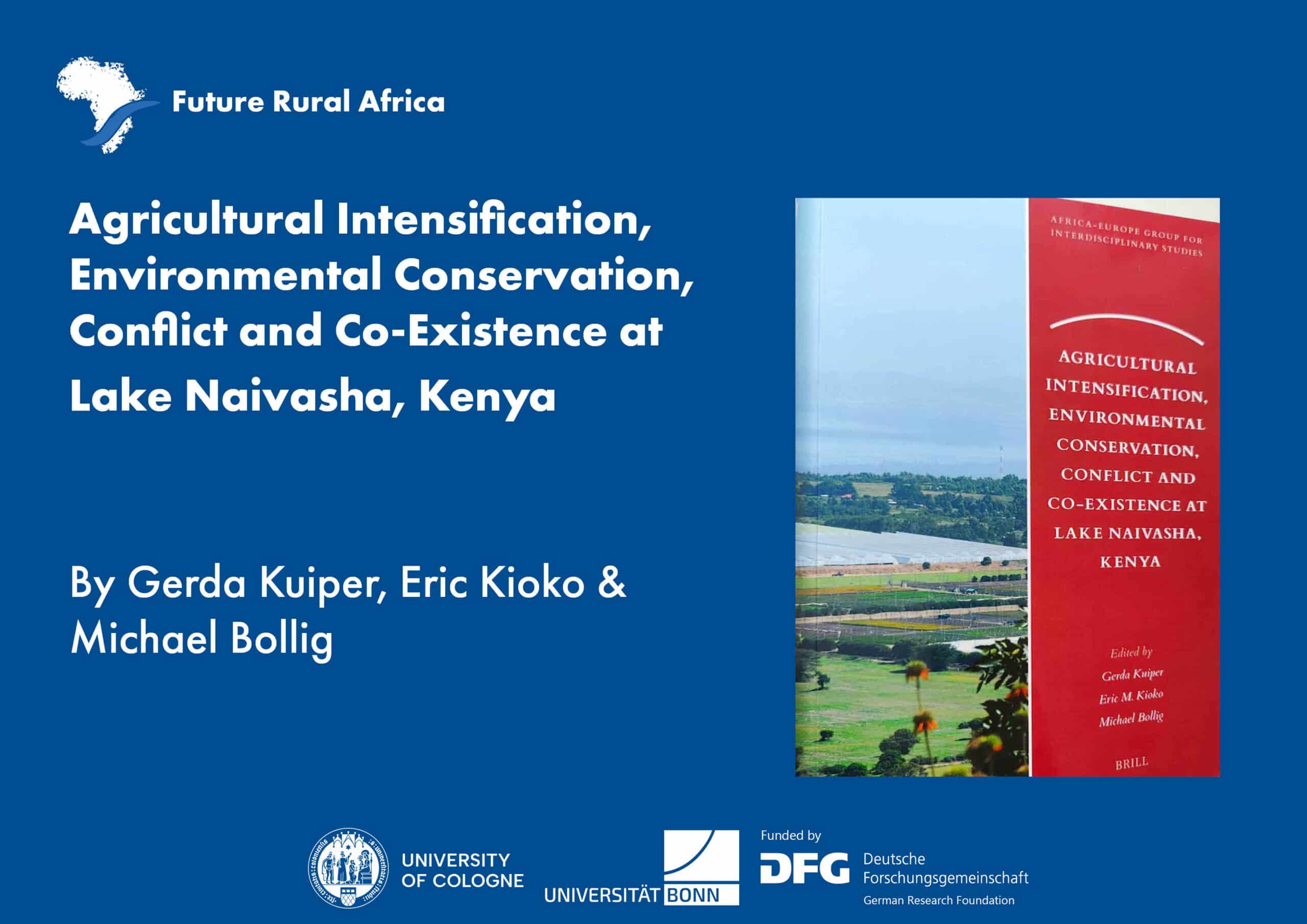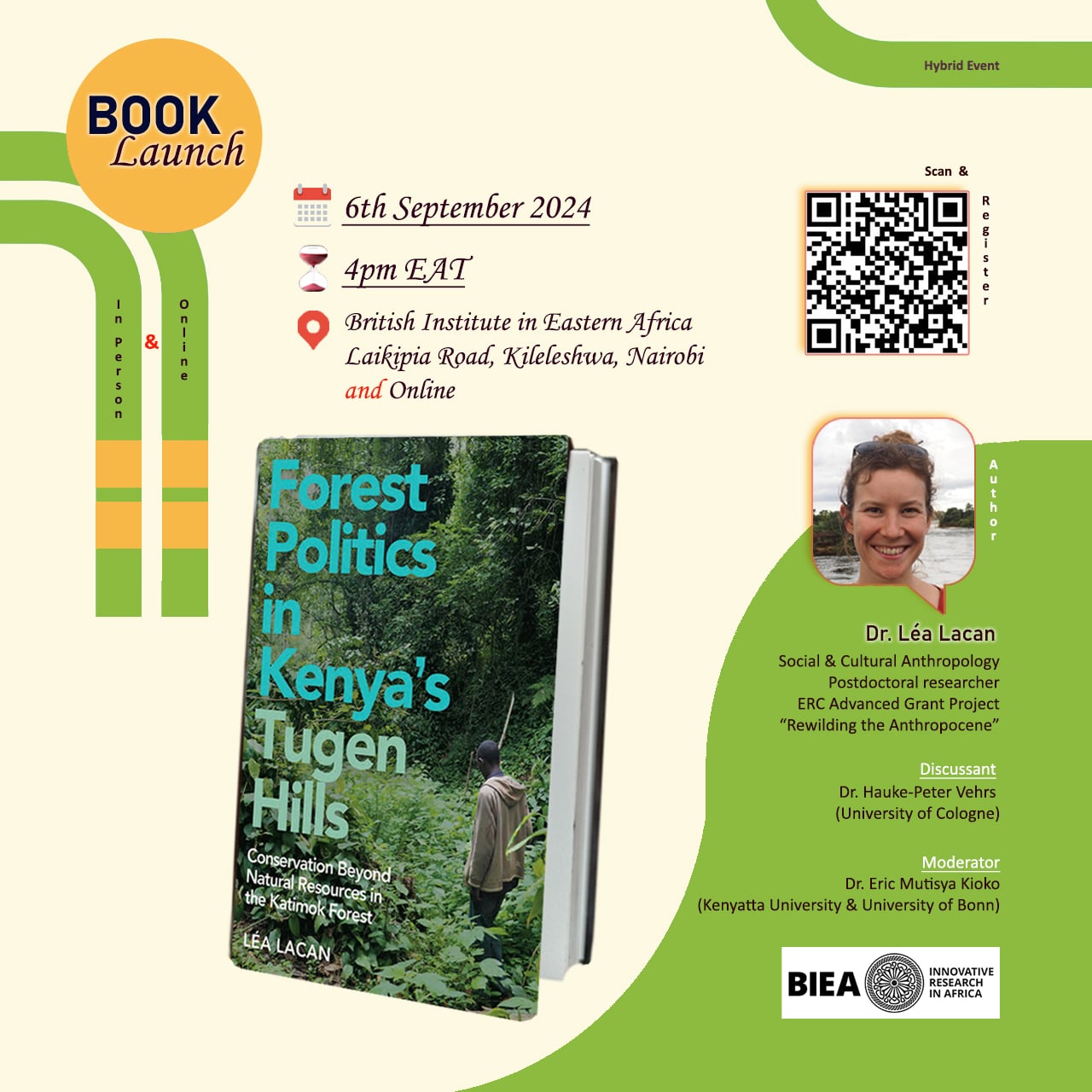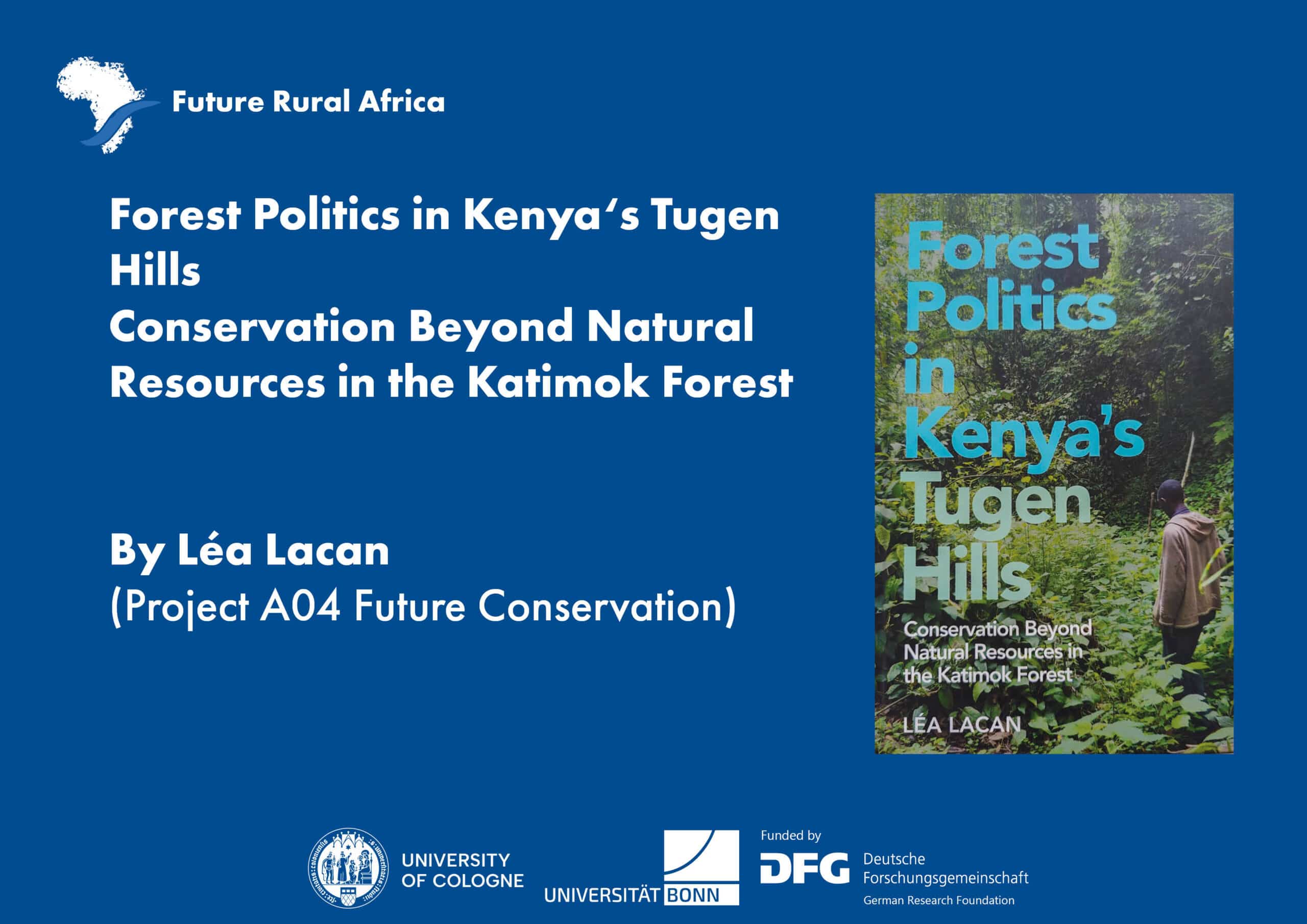Despite colonial echoes, settlement schemes represent a major element in ‘nation-building’ endeavours in Tanzania’s history. Their evolution through the 1960s was circuitous and haphazard. This article explores the origins of one of the earliest schemes linked to Julius Nyerere and TANU: the Kilombero Settlement Scheme (KSS). It traces its origins from 1959 and ragged progress over the subsequent decade before its eventual transmutation under Ujamaa. Nyerere personally promoted KSS and its basic premise in sending unemployed men from cities to uncleared countryside to grow sugar cane for sale to a local factory. The scheme’s extended trajectory reveals its palimpsestic nature through a history layered by different approaches to the reorganisation of rural life in Tanzania. This was an embryonic testing ground, both in terms of the politics of resettlement and of funding development projects of this kind. For one of the surviving settlers, they were ‘Nyerere’s People’ as ideologies met practical realities. KSS was flawed but resilient. For its failures more than its successes, it became an important model in Tanzania’s programme of social development for understanding the challenges of rural transformation.
Jackson, JM 2021, Off to Sugar Valley: The Kilombero Settlement Scheme and Nyerere’s People, 1959-69’ . Journal of Eastern African Studies. DOI






